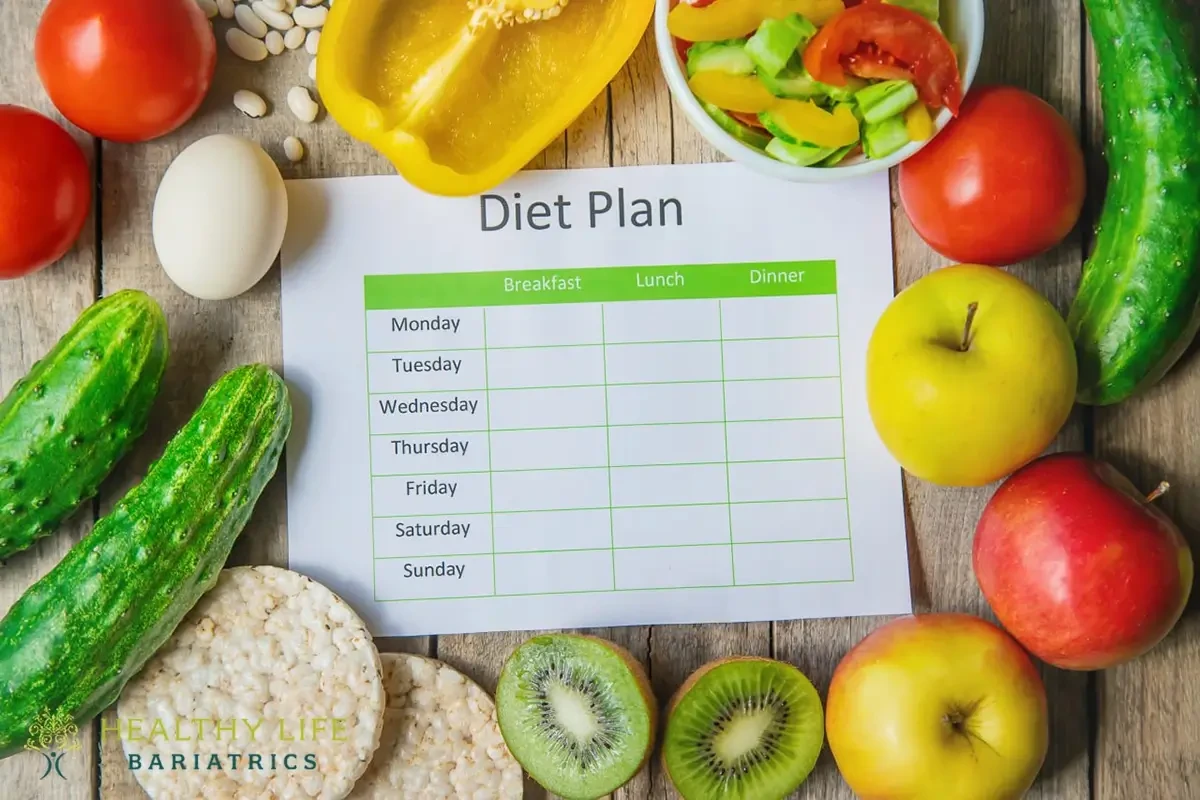Hiccups, or involuntary contractions of the diaphragm muscle, can be caused by various factors such as eating too quickly, consuming carbonated beverages, swallowing air, or sudden changes in temperature. These factors can irritate the diaphragm, leading to spasms and resulting in the characteristic sound of a hiccup.
The hiccup reflex originates in the brain stem, specifically the medulla oblongata, which is responsible for controlling basic bodily functions such as breathing and swallowing. When the brain stem is disturbed by factors like excitement or stress, it can trigger the hiccup reflex and lead to hiccups.
Mindful eating practices, such as chewing food slowly and thoroughly, avoiding carbonated drinks, and eating in a relaxed environment, can help prevent hiccups. Slowing down during meals can reduce the likelihood of swallowing air, while avoiding triggers such as hot or spicy foods can also contribute to fewer occurrences of hiccups.
In conclusion, understanding the common causes of hiccups, their connection to the spasm of the diaphragm, and the role of the brain stem in the hiccup reflex, along with practicing mindful eating, can help manage and prevent hiccups effectively.




